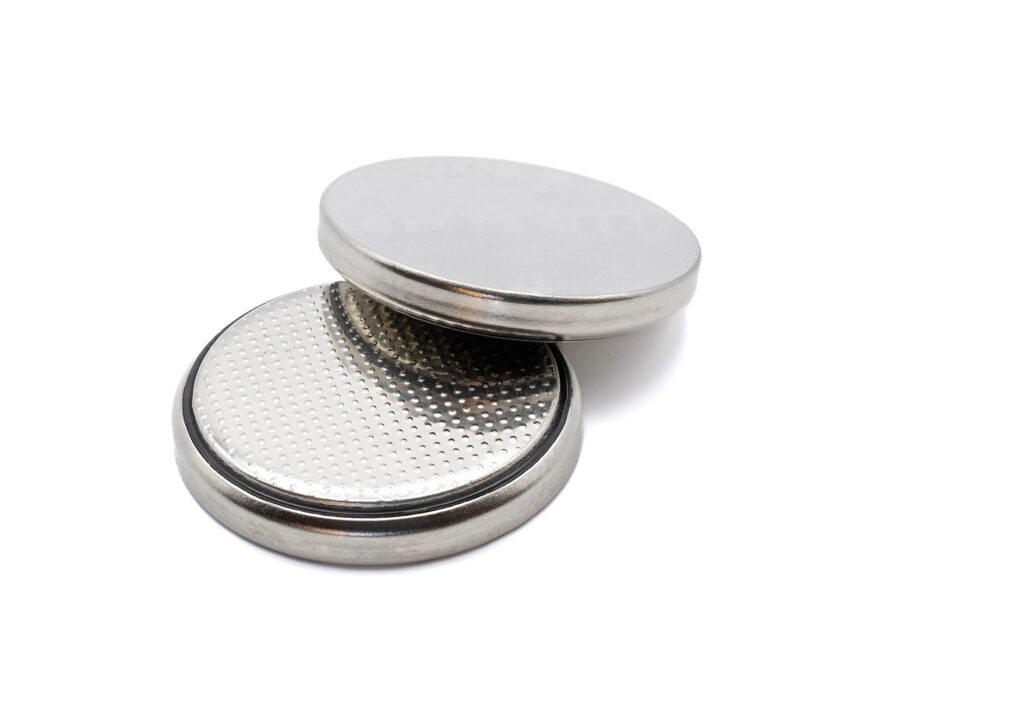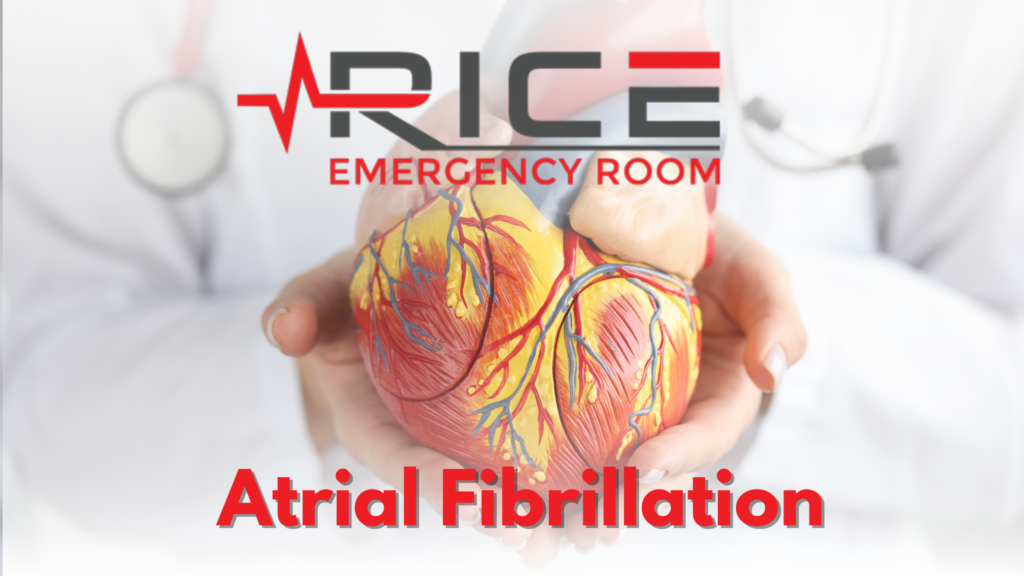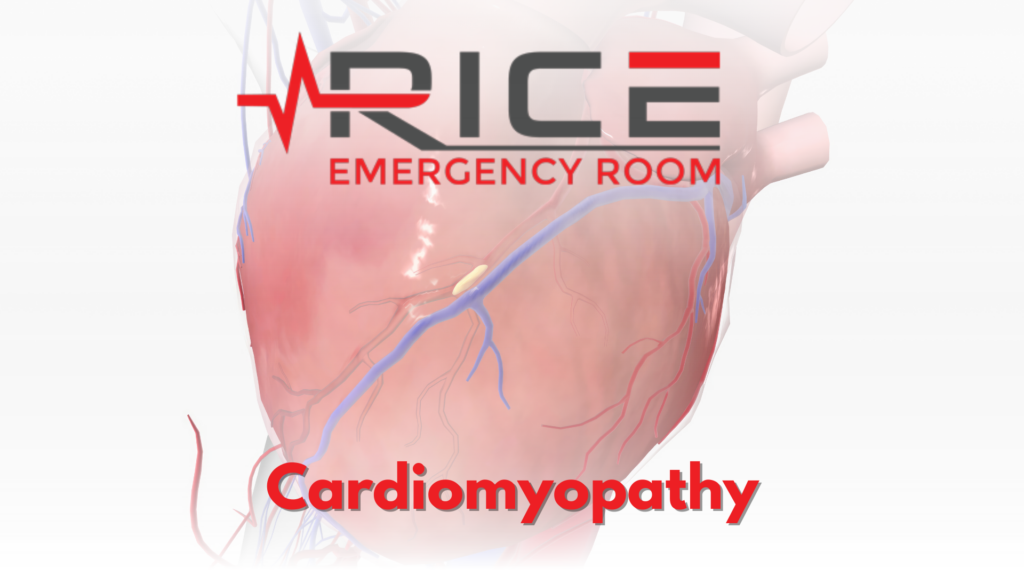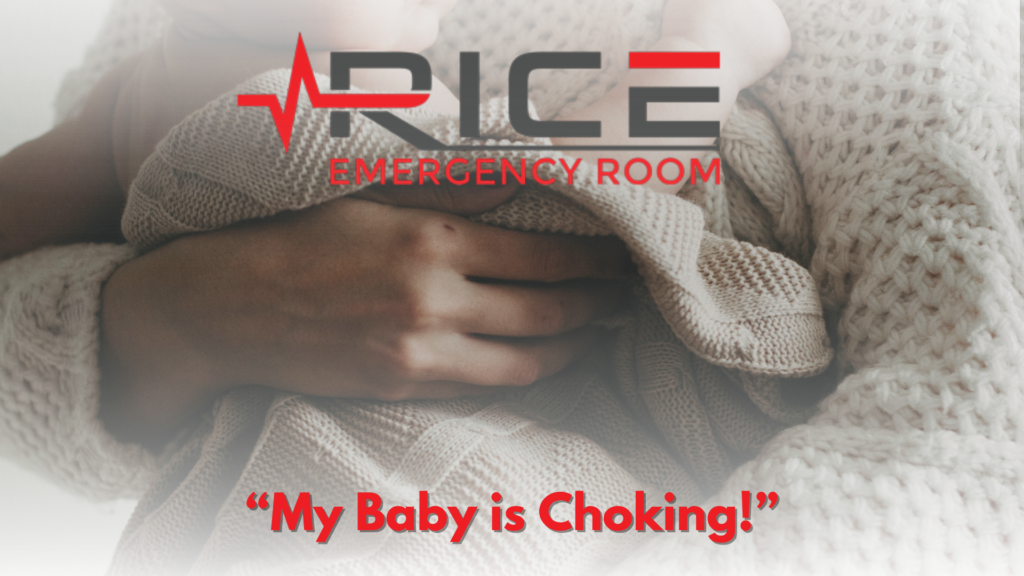Button batteries are found in various household objects, such as watches, remote controls, and calculators. While they are helpful in many ways, they can also be dangerous if swallowed by children. Learn about the dangers of swallowing button batteries and what you can do to keep your children safe.
A child who has consumed a battery will go to the emergency room every three hours. According to the American Academy of Pediatrics, button battery ingestions have gradually increased since 2009, with 6,000 annual emergency visits across the US (AAP). Remote controls, thermometers, clocks, calculators, hearing aids, flashlights, toys, and even singing greeting cards all need these tiny, coin-shaped batteries. These batteries would not at first glance appear to be a choking risk, but they can become stuck in a child’s upper airway after ingestion and result in significant tissue damage in as little as two hours. Additionally, it is possible for these batteries to get stuck in a child’s nostrils or ears. (Texas Children’s Hospital)
Signs of a Swallowed Battery
An infant that has ingested a button battery may drool, feel queasy, throw up, develop a fever, cough, or experience breathing difficulties. They might experience diarrhea, stomach pain, or very black or bloody stools (poop), exhibit fussiness and throat pain, or refuse to consume anything. You can notice blood or other drainages if the battery is lodged in the ear or nose. (KidsHealth)
What to Do If You Think Your Child has Swallowed Button Batteries
There is a medical emergency. Take your youngster right away to the emergency room. If your child is older than 12 months (1 year old), you can give him or her 10ML (or two tablespoons) of honey every ten minutes as you travel to the emergency room. Give your youngster nothing to eat or drink if they are under 12 months old.
Never give your child drugs to induce vomiting or bowel movement. Water or milk should not be given; doing so will not stop additional harm. Avoid doing the Heimlich maneuver even if you notice your youngster ingesting the battery. The danger of damage could grow if the battery becomes trapped in another position or shifts. Make an instant call to Poison Control if you are unsure: 1-800-222-1222. (Children’s Hospital of Philadelphia)
Protecting Children from Swallowing Button Batteries
Children under 4 are most at risk. Because many coin-sized button batteries are pre-installed in devices, many of them can look “invisible” to parents. Keep your kids secure:
- Look around your home for any objects that might contain button batteries the size of a coin.
- Devices should be kept out of sight and out of tiny children’s reach. Use the screws or duct tape that came with the gadget to secure the lids of any devices that use button batteries.
- Lock up any extra or unsecured batteries.
- Place duct tape on both sides of the old button battery before discarding it, and store it in a secure bag until you can recycle it.
- Share this life-saving knowledge with babysitters, caregivers, friends, and family.
(UCSF Health)
Swallowing button batteries can result in dangerous and sometimes deadly consequences. It is important to take preventative measures to ensure that button batteries are kept out of reach of children. If a button battery is swallowed, the person should immediately be taken to the hospital for professional medical care. In addition, it is essential to regularly check items such as toys, remote controls, and other small electronics for any loose or damaged button batteries that could present a hazard. Taking these precautions can help protect against severe injury or death from button battery ingestion.
If you plan to visit Rice Emergency Room, please complete our online check-in process which you can find HERE
Medical questions can be answered by a physician on duty by calling: (281) 661-ADOC (2362)
Works Cited
“The Dangers of Button Battery Ingestion.” Texas Children’s Hospital, www.texaschildrens.org/blog/dangers-button-battery-ingestion.
“Household Safety: Button Batteries (for Parents) – Nemours Kidshealth.” Edited by Melanie L. Pitone, KidsHealth, The Nemours Foundation, Jan. 2020, kidshealth.org/en/parents/safety-batteries.html.
The Children’s Hospital of Philadelphia. “Lithium ‘Button’ Batteries.” Children’s Hospital of Philadelphia, The Children’s Hospital of Philadelphia, 31 Mar. 2014, www.chop.edu/centers-programs/kohls-injury-prevention-program/lithium-button-batteries.
UCSF Health. “The Dangers of Children Swallowing Button Batteries.” Ucsfbenioffchildrens.org, UCSF Health, 16 June 2021, www.ucsfbenioffchildrens.org/education/the-dangers-of-children-swallowing-button-batteries.




